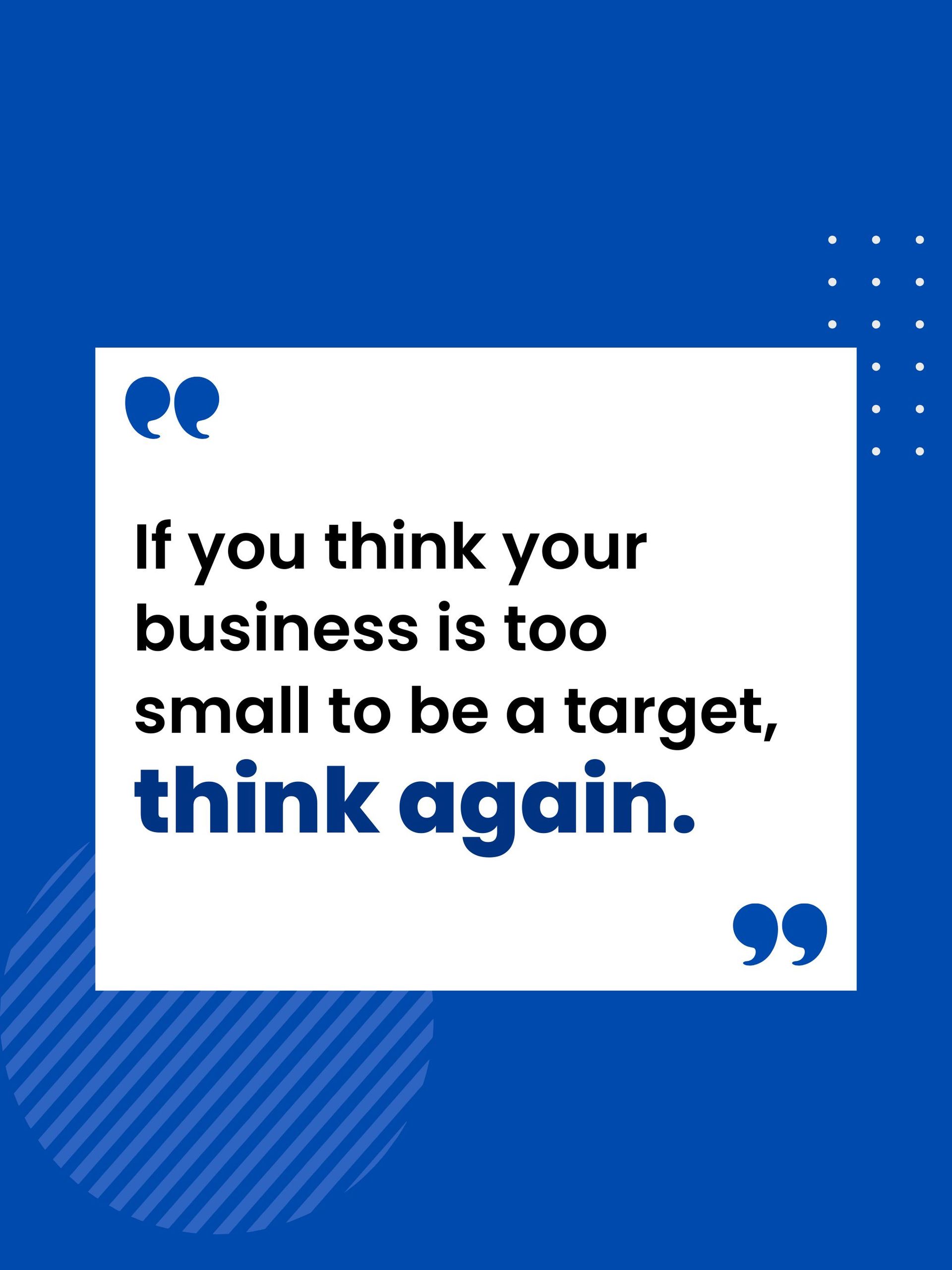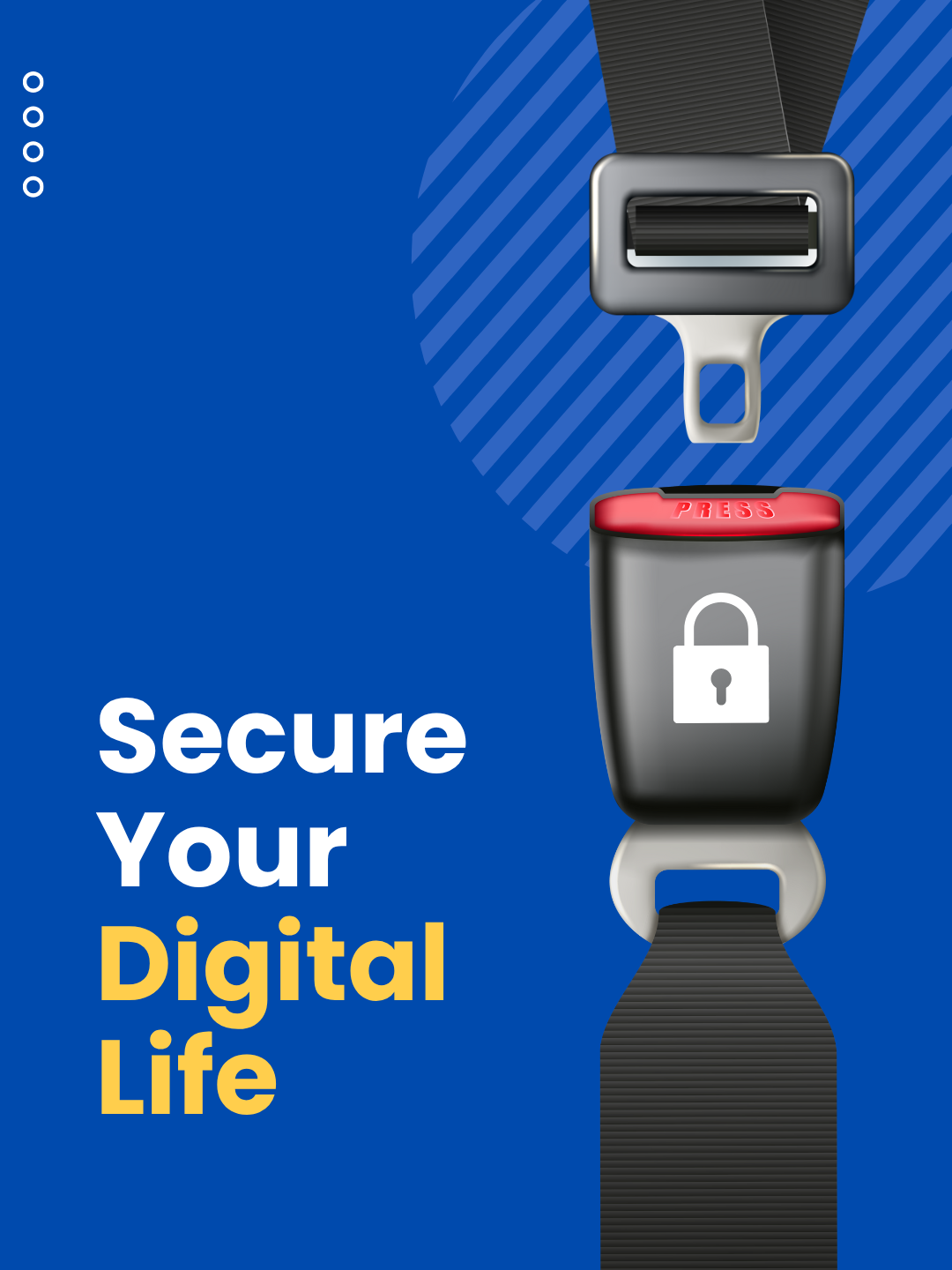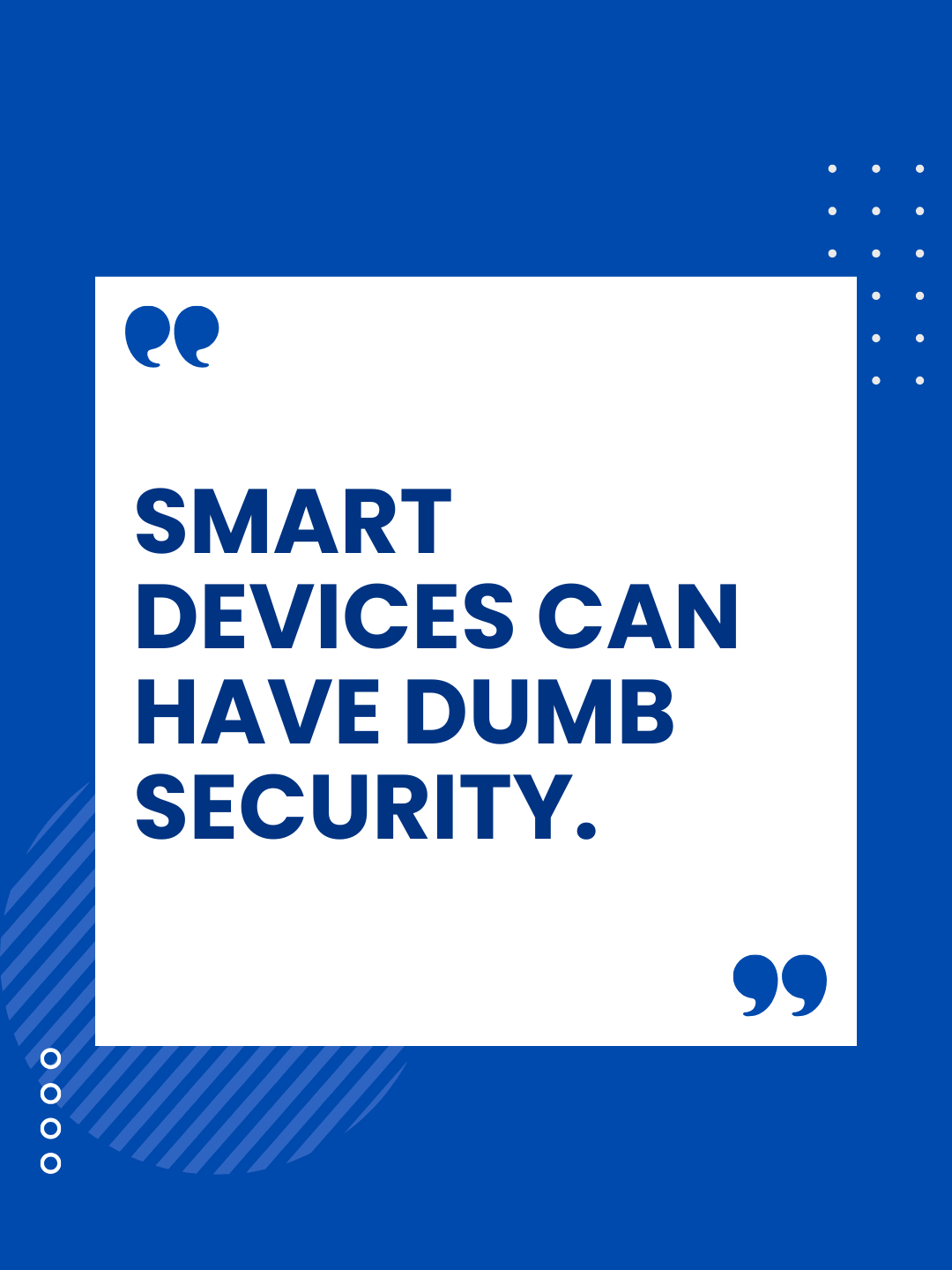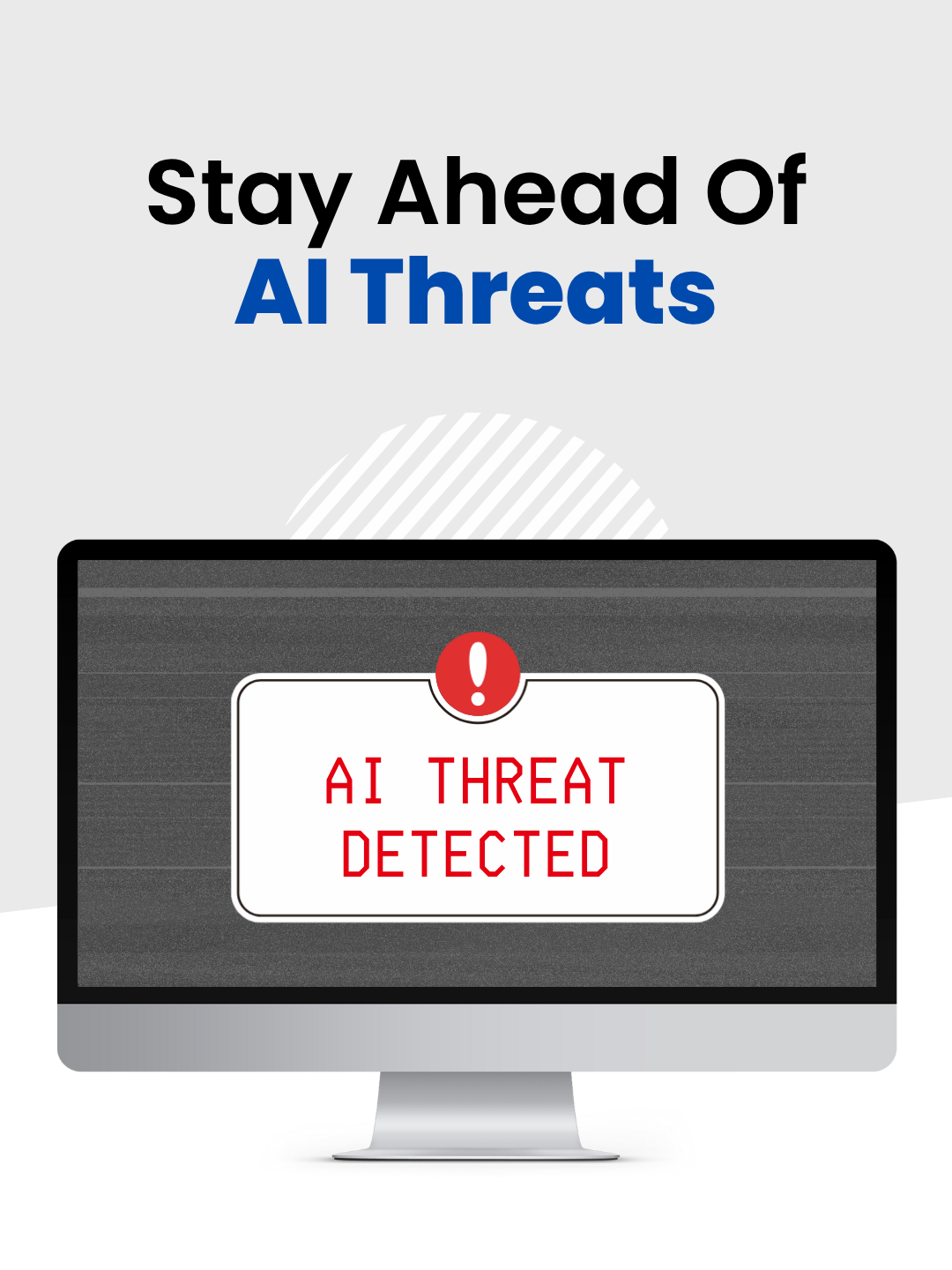January 29, 2026
Every January, tech headlines explode with bold predictions about the “next big thing” that will supposedly transform business overnight. By the time February rolls around, many small business owners are left overwhelmed by jargon — AI this, blockchain that, metaverse something — without a clear sense of what will truly move the needle for a company with 10–25 employees trying to grow sustainably. Here’s the reality: most technology trends are marketed hype designed to sell high-priced consulting services. But underneath the noise, a handful of real shifts are quietly reshaping how small businesses will operate in 2026. Let’s strip away the buzzwords. Below are three technology trends worth paying attention to — and two you can confidently ignore. Tech Trends Worth Your Attention in 2026 1. AI Embedded Directly Into the Tools You Already Use What this really means: In recent years, AI felt like a separate skill you had to learn. You opened a tool like ChatGPT, typed a prompt, copied the result, and pasted it somewhere else. In 2026, that separation is disappearing. Artificial intelligence is now being built directly into everyday business software — the platforms your team already logs into daily. Your email platform drafts replies. Your CRM suggests follow-up messages. Your project management software turns meeting notes into task lists. Your accounting system auto-categorizes expenses and highlights unusual activity. Real-world examples: Microsoft Copilot is integrated into Word, Excel, PowerPoint, and Outlook. Google Workspace offers AI features across Docs, Sheets, and Gmail. QuickBooks uses AI to categorize transactions and surface potential deductions. Slack can summarize long message threads in seconds. Why it matters: You are not adopting brand-new tools — you are upgrading the ones you already use. That dramatically lowers the learning curve. Instead of asking, “Should we use AI?” the better question becomes, “Are we turning on the features we’re already paying for?” What to do: When your software platform introduces AI features in 2026, don’t dismiss them immediately. Test them in real workflows for a couple of weeks. Some will feel unnecessary. Others will quietly save hours every month. Time investment: Minimal. You’re already using the software. 2. Automation That No Longer Requires a Technical Expert What this really means: For years, automation sounded appealing but impractical. Building workflows usually meant hiring a developer or spending hours learning complicated tools. That barrier is rapidly disappearing. In 2026, many automation platforms allow you to simply describe what you want in plain language — and the system builds it for you. Instead of configuring complex rules, you can say: “When someone submits our contact form, add them to our spreadsheet, send a welcome email, and remind me to follow up in three days.” The automation handles the rest. Real-world example: A small law firm wanted new inquiries to automatically create case files, schedule consultations, and send intake forms. Previously, this required custom development or deep Zapier knowledge. In 2026, they explained the workflow, reviewed the setup, tested it, and launched — all in under an hour. Why it matters: Automation is shifting from “We should do this someday” to “We can set this up today.” Tasks that once stalled due to complexity are now accessible to non-technical teams. What to do: Pick one repetitive weekly task your team handles manually. Use an automation tool to describe the process and see what it generates. Start small and low-risk. Time investment: About 20–30 minutes to set up, then it runs continuously. 3. Cybersecurity Is Becoming a Legal Requirement, Not a Recommendation What this really means: For a long time, cybersecurity for small businesses was considered optional — smart to have, but rarely enforced. That is no longer the case. Privacy laws are expanding. Industry regulations are tightening. Insurance companies are requiring specific safeguards. Most importantly, enforcement is becoming real. In 2026, “We were hacked but didn’t have basic protections in place” increasingly leads to fines, denied insurance claims, lawsuits, and personal liability — not sympathy. Real-world examples: Public companies are now required to disclose material cybersecurity incidents within days. State attorneys general are penalizing businesses for weak data protection. Cyber insurance providers are rejecting claims when multifactor authentication isn’t enabled. Why it matters: Security is moving from a best practice to a baseline obligation. Skipping fundamentals is becoming as risky as operating without business insurance. What to do: At a minimum, ensure these three basics are in place: • Multifactor authentication on all business accounts • Regular data backups — and tested restores • Written cybersecurity policies that your team actually follows These steps are not complicated or expensive, but they are increasingly expected. Time investment: 2–3 hours to set up correctly, then minimal ongoing effort. Tech Trends You Can Safely Ignore 1. The Metaverse and Virtual Reality for Most Businesses Why it’s not worth your time: Virtual business environments have been hyped for over a decade — from Second Life to Meta’s rebrand. Yet for most small businesses, the problems VR claims to solve already have simpler answers. VR headsets remain costly, uncomfortable for extended use, and unnecessary for routine collaboration. A video call is still faster, cheaper, and easier. When it does make sense: Industries like architecture, real estate, and specialized design may benefit from 3D visualization. For most others, it adds complexity without clear returns. What to do: Nothing. If VR becomes essential, you’ll see competitors using it successfully. Until then, skip it. 2. Accepting Cryptocurrency Payments Why it’s usually a bad fit: Every few years, businesses ask whether they should accept crypto payments to appear cutting-edge. In practice, it often introduces more friction than benefit. Crypto is volatile, creates accounting headaches, adds tax complexity, and usually comes with higher processing fees. Meanwhile, the number of customers who genuinely want to pay with crypto remains very small. When it might make sense: If you operate internationally or have a customer base actively requesting crypto, it may be worth exploring. What to do: Politely decline and offer standard payment options like cards, checks, or ACH transfers. If real customer demand emerges, you can revisit later. The Bottom Line The most valuable technology isn’t the trendiest — it’s the technology that solves problems you already have. In 2026, small businesses should focus on: • AI features built into existing tools • Simple, accessible automation • Meeting baseline cybersecurity requirements You can safely ignore metaverse hype and crypto pressure unless your specific industry demands otherwise. Need help figuring out which 2026 tech trends actually apply to your business? Schedule a free consultation with our team. We’ll review your current setup and give practical recommendations that make operations easier — not more complicated. 👉 Schedule your free consultation by clicking here! Because the best tech decision is the one that saves time, reduces stress, and helps your business run better.










